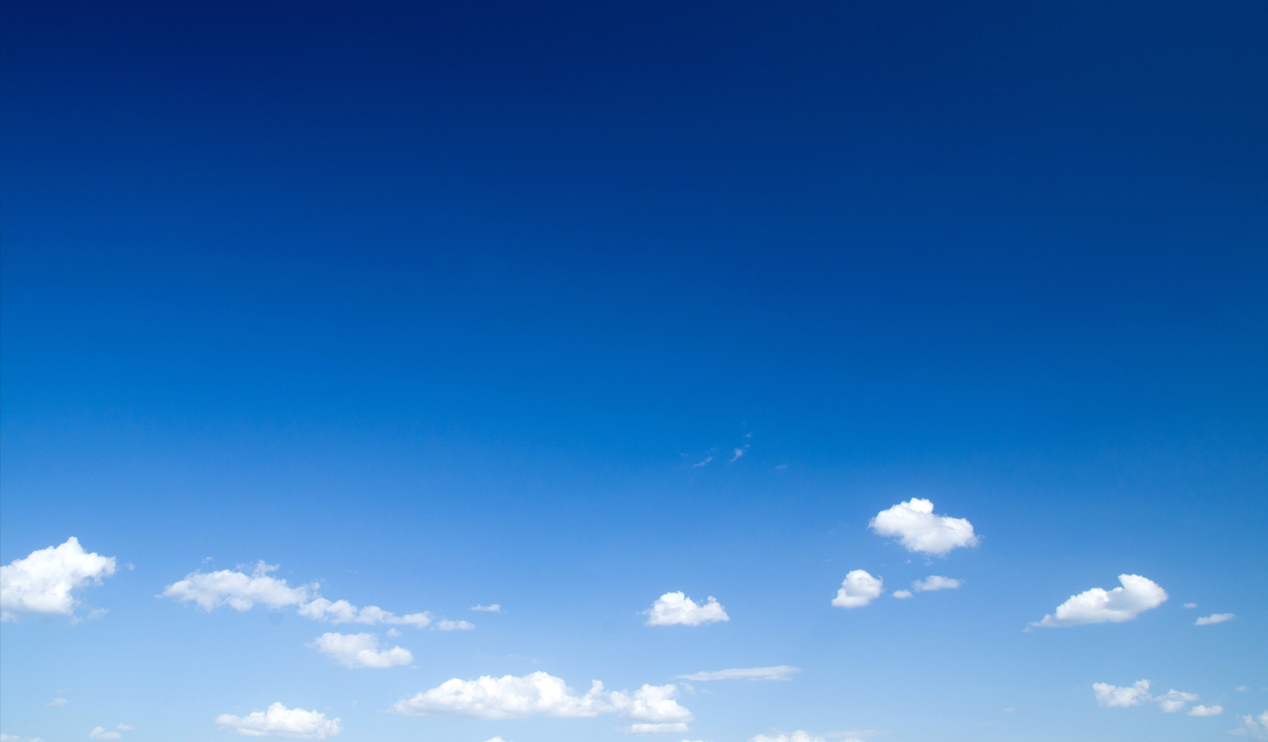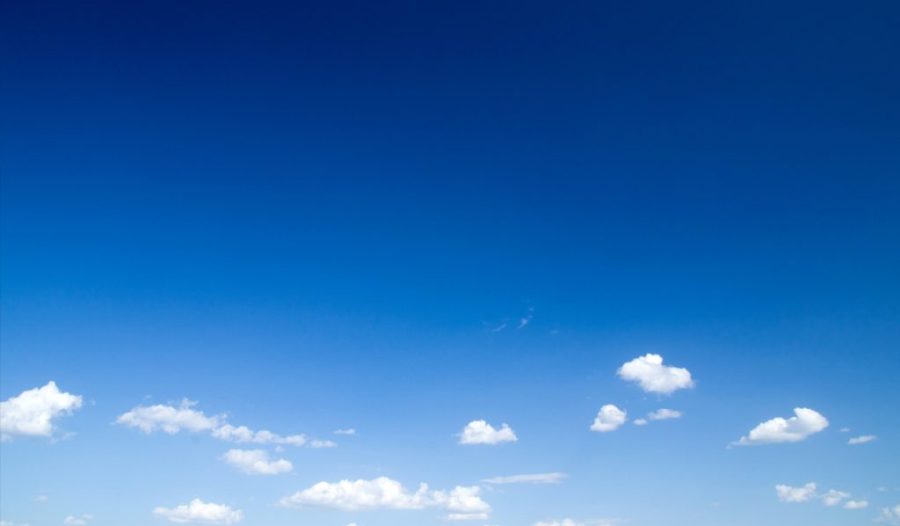The Meteorological and Geophysical Bureau (SMG) said yesterday that it expected Macau’s air quality to improve only at the end of this week.
The weather station said Tuesday that the concentration of PM 2.5 particles had recorded a “significant increase” at all its air quality monitoring stations.
The observatory said that it expected a light breeze to continue until the end of this week, during which the city’s air quality was forecast to remain “poor” occasionally. The bureau also said that it expected the air quality to only improve when the wind becomes stronger or when more showers occur.
The bureau urged those who are affected by heart and/or respiratory diseases to avoid outdoor activities.
Macau’s air quality is gauged at six monitoring stations, namely the “roadside” monitoring station in Rua do Campo, the monitoring station in the “high-density residential area” of the peninsula’s northern district, as well as one each in Taipa Central Park, on Big Taipa Hill, in the Concordia Industrial Park in Coloane, and the “roadside” monitoring station at Ka Ho in Coloane.
According to the Real Time Air Quality Index on the SMG website at around 9 p.m. yesterday, the six monitoring stations recorded an index of 88 (Rua do Campo roadside), 72 (peninsula high density residential area), 75 (Taipa Central Park), 107 (Big Taipa Hill), 82 (Coloane Concordia Industrial Park), and 92 (Ka Ho roadside).
According to the website, the weather station defines the Real Time Air Quality Index ranging between 101 and 200 as “unsuitable for outdoor activities, which means that for people suffering from cardiac or respiratory diseases, their symptoms might become slightly worse, while ordinarily healthy people might experience some discomfort. When this level is in force, residents are advised to reduce their outdoor activities.”
The index ranging between 0 and 100 is defined as “suitable” for outdoor activities, which means that the air quality has no adverse impact on residents and that they can enjoy their outdoor activities as usual.
According to the website, the observatory says that residents “should not” take part in outdoor activities when the Real Time Air Quality Index exceeds 200. This category means that for those who suffer from cardiac and/or respiratory diseases, their symptoms could deteriorate, while ordinarily healthy people would experience some discomfort. Residents should avoid any outdoor activities when the index tops 200, according to the website.






